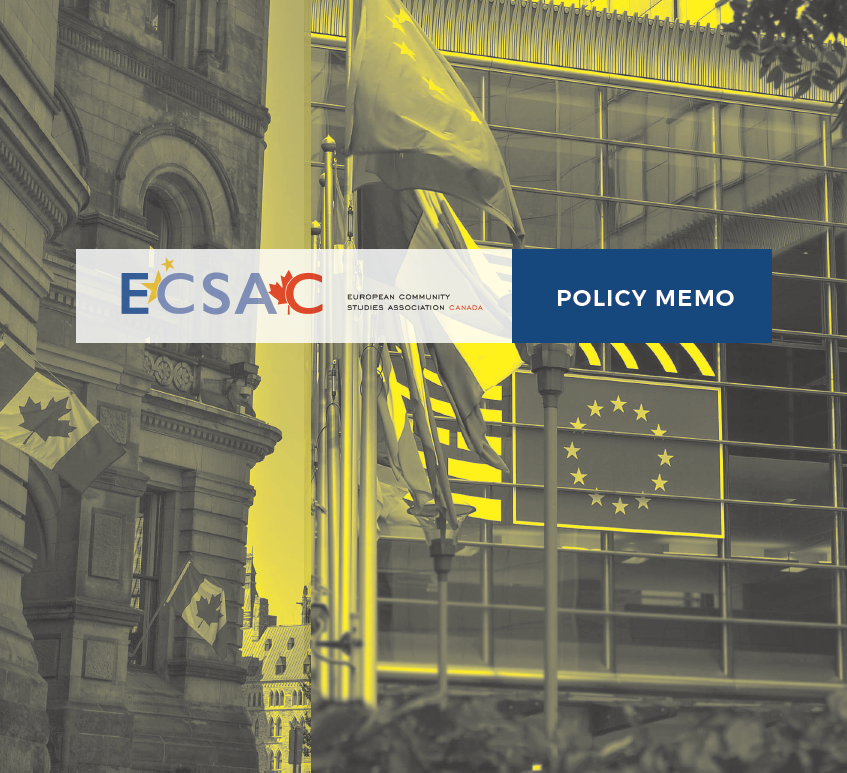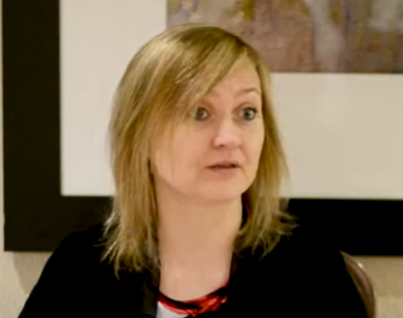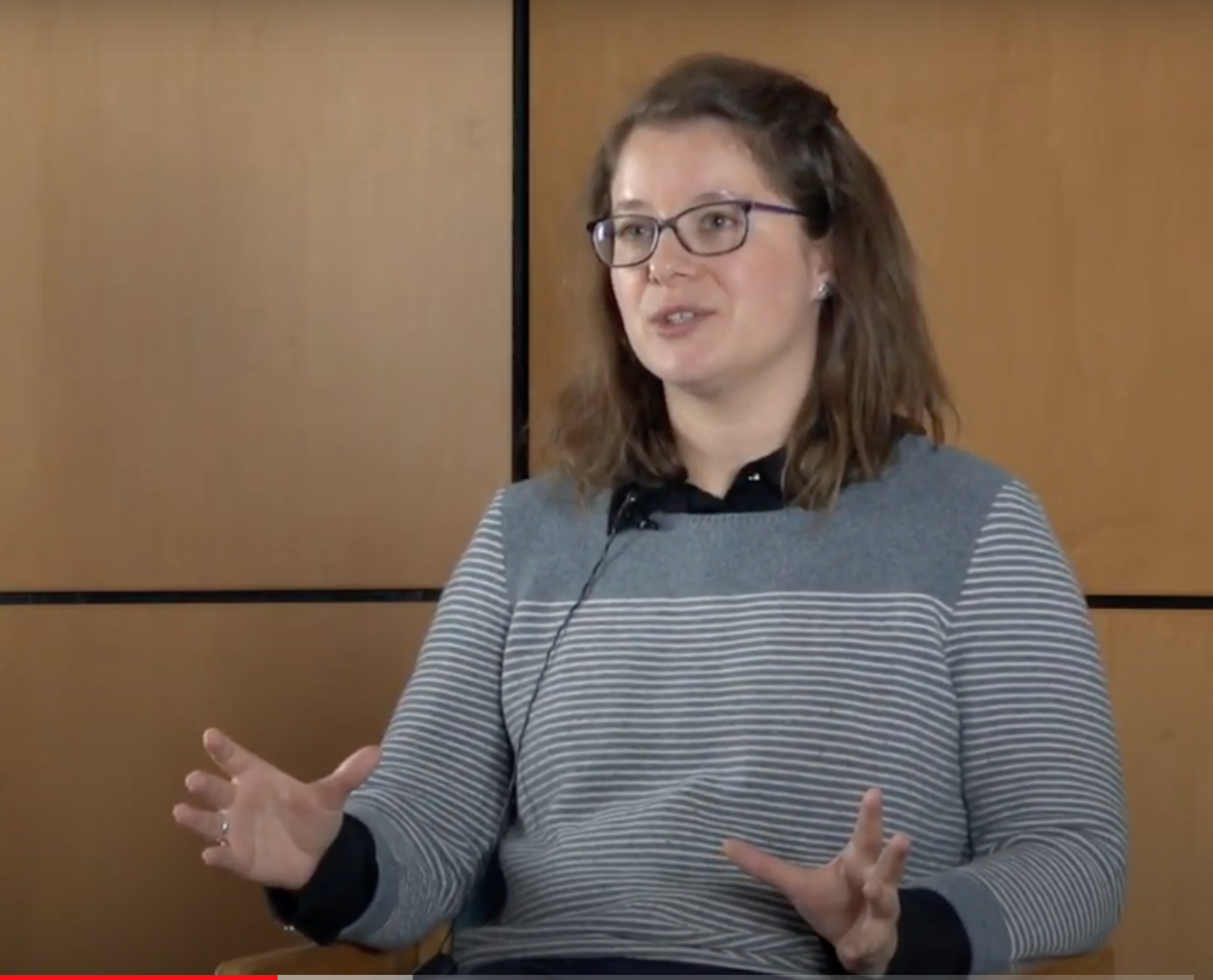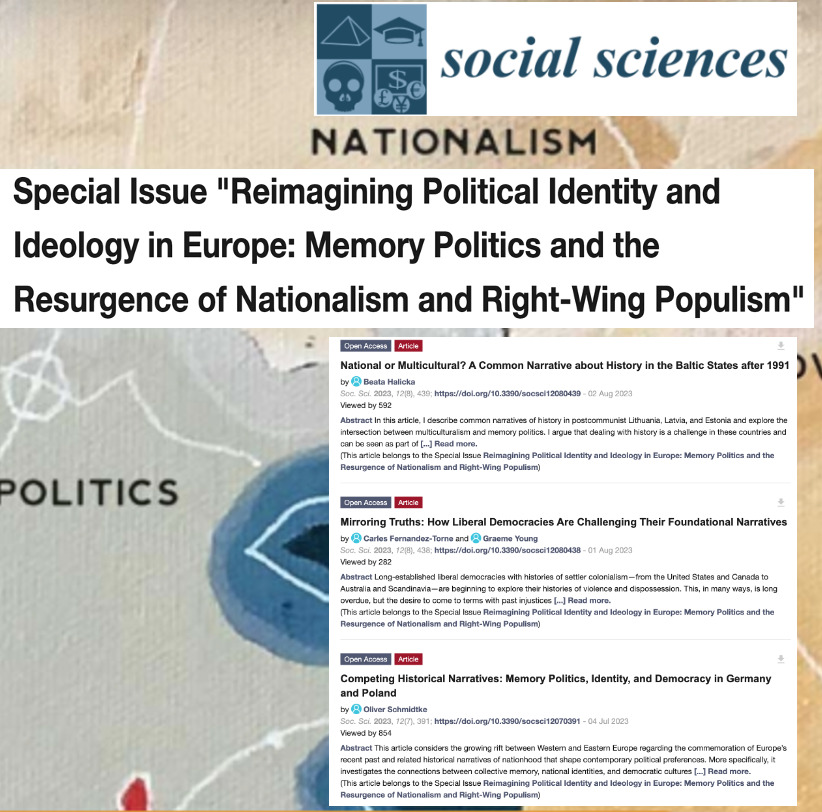Richard Bellamy: Democratic Structures and Populist Movements
Richard Bellamy ( Department of Political Science, University College London) participated in the video series on Dialogue on Democracy: The Rise of Populism during the international conference “Constitutionalism in the Age of Populism”, March 6-8, 2020. He gave a paper on When is Democracy Constitutional? On the Relations between Political, Populist and Popular Constitutionalism and accepted the invitation to respond to the question “Why have democratic systems given rise to populism?”.
In this video, Richard Bellamy reflects on the reasons behind the rise of populism in democratic systems and the possible responses that could be given. Pointing to the collapse of the mainstream centre-left and centre-right parties in Europe, Bellamy notes that the biggest challenge for all parties today is to bring responsibility and responsiveness together. According to Bellamy, parties need to renew themselves so that they provide a focus for a broad coalition of citizens and respond to their needs. Populism has legitimized itself by claiming to talk for the “real people” who havebeen poorly represented by existing democratic processes. So, the challenge for political parties is to reconnect with citizens. However, that reconnection needs to be two fold – it must connect politicians with citizens and citizens with each other, so that both focus on the public good of all citizens rather than simply a small subset – be they a limnited group of economic and financial interests, as has tended to be the case with the political class, or various sections of society claiming to be the ‘silent majority’, the ‘real’ people, as has been the case with populist movements.
In order to achieve this double democratic reconnection, the parties have to “reconnect with civil society movements” as they did in the past, not least by bringing them together within a particular ideological framework. The problem is that parties have become “parties of government” rather than “parties of society.. Moreover, whilst “old structures” like trade unions are still partially there, there are “new structures” that need to be built creatively. What is needed in Bellamy’s view is to develop a consciousnesses among citizens of being “a member of a social structure that you are supporting and developing”, because “societies are cooperative ventures”. An opportunity in this respect could be provided by issues such as the corona virus and climate change which, despite their negative consequences, might lead people to see that there is a need to work collaboratively and collectively to support the public good.
Short Bio
Richard Bellamy is Professor of Political Science at UCL. His main research interests are in the History of European Social and Political Theory post-1750 and Contemporary Analytical Legal and Political Philosophy. He has written extensively on the history of both Italian political thought and European liberalism, on Pluralism, Compromise and Public Ethics; Constitutionalism, Rights and the Rule of Law; and Citizenship, Representation and Democracy.
His books include Liberalism and Pluralism: Towards a Politics of Compromise; Political Constitutionalism and Citizenship: A Very Short Introduction. He has edited or co-edited numerous books, including Victorian Liberalism; Constitutionalism in Transformation; Pluralism and Liberal Neutrality; Citizenship and Governance in the EU; Political Concepts.
Richard Bellamy has recently completed a monograph with Cambridge University Press, entitled A Republican Europe of States: Cosmopolitanism, Intergovernmentalism and Democracy in the EU , exploring the democratic legitimacy of Global Governance, with particular attention to the European Union. He is currently engaged on a book on The Democratic Constitution.
This video is part of the CEDoD project and was produced as part of the event “Constitutionalism in the Age of Populism”, which took place on 6-8 March, 2020 in Victoria, BC. CEDoD stands for “Canada Europe Dialogue on Democracy: Democratic Deficit and the Rise of Populism in Europe”. This project is co-funded by the Erasmus+ Jean Monnet Action of the European Union, the Centre for Global Studies, University of Victoria, the Social Sciences and Humanities Research Council of Canada (SSHRC), the Faculty of Law at the Eötvös Loránd University (ELTE), the Australian Government through the Australian Research Council and the University of Victoria: the Faculty of Law, the Centre for Global Studies, Vice President Research Office, Faculty of Humanities and the Faculty of Social Sciences. The European Union support for the production of publications does not constitute an endorsement of the contents which reflect the views only of the authors, and cannot be held responsible for any use which may be made of the information contained therein.









